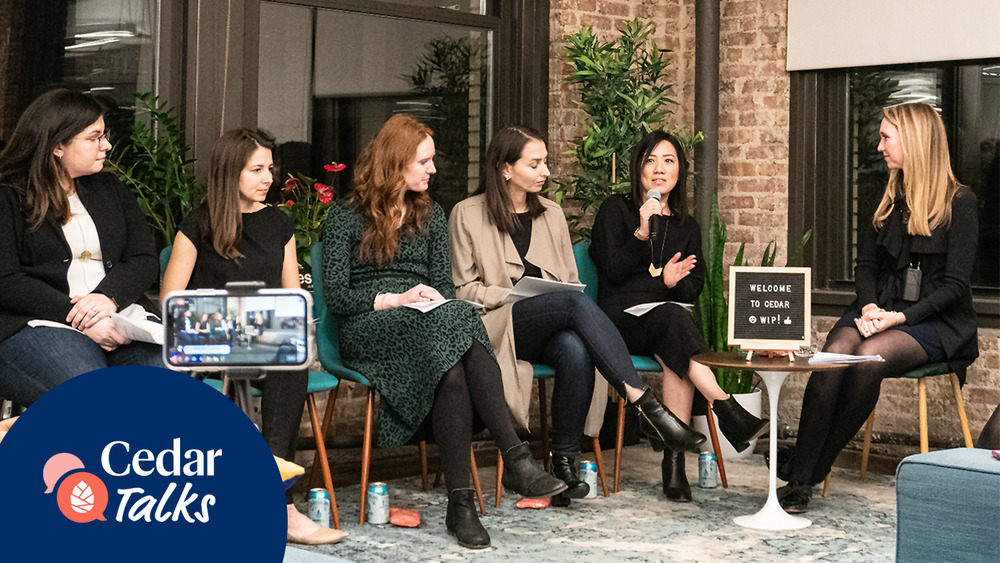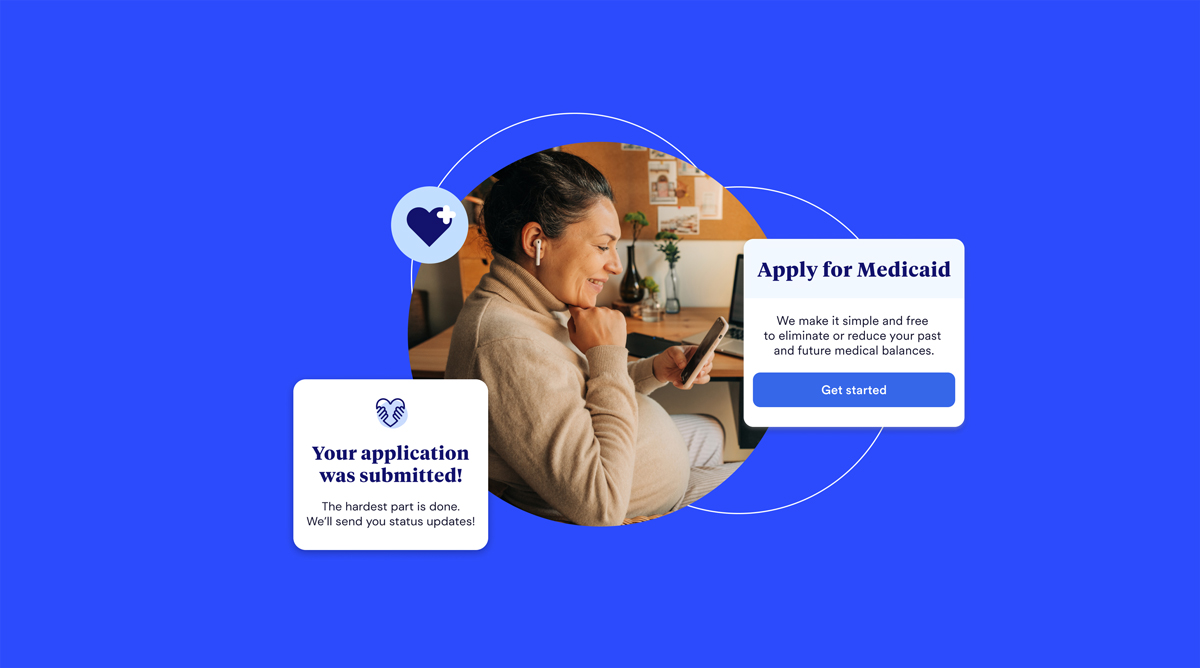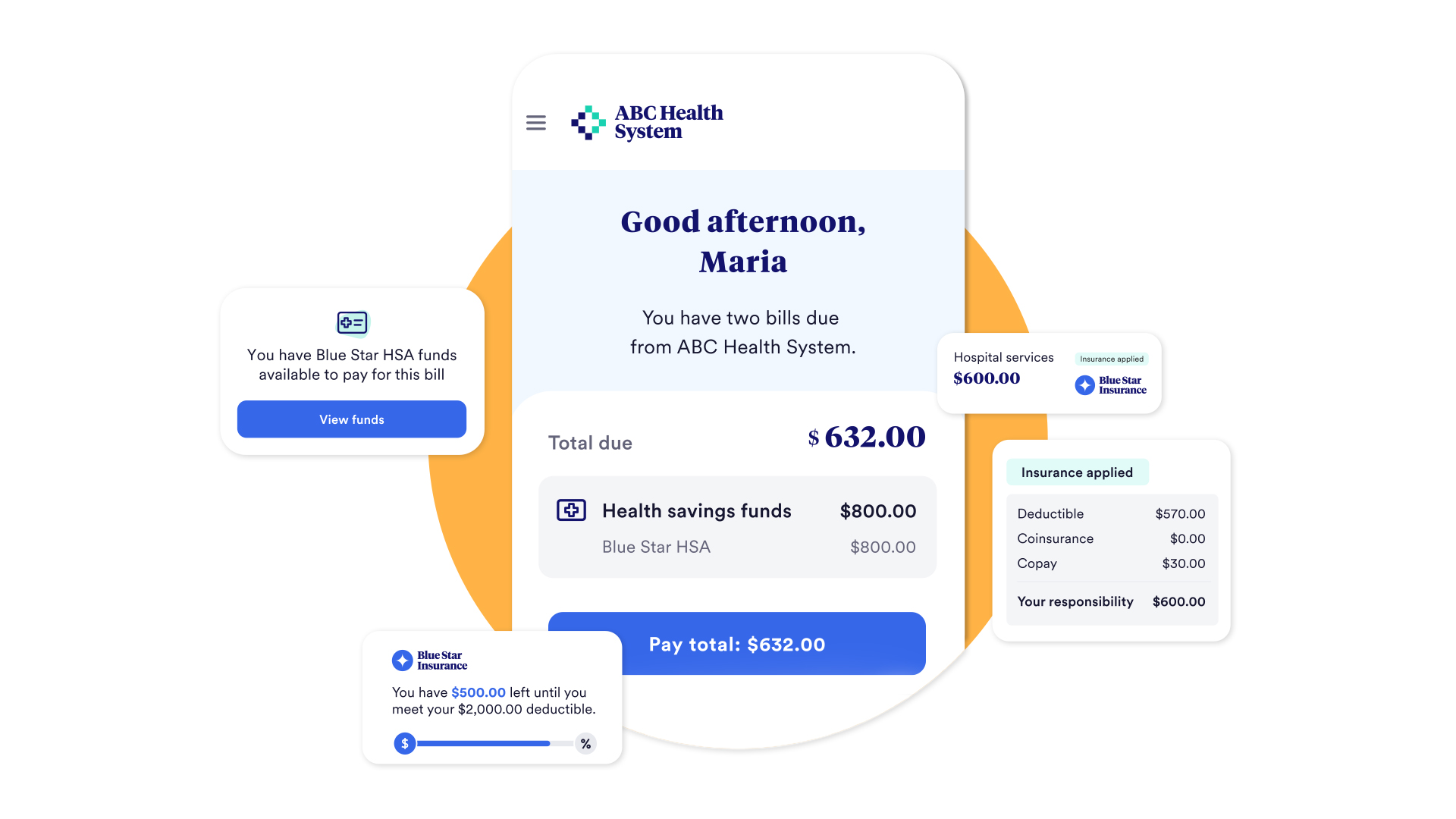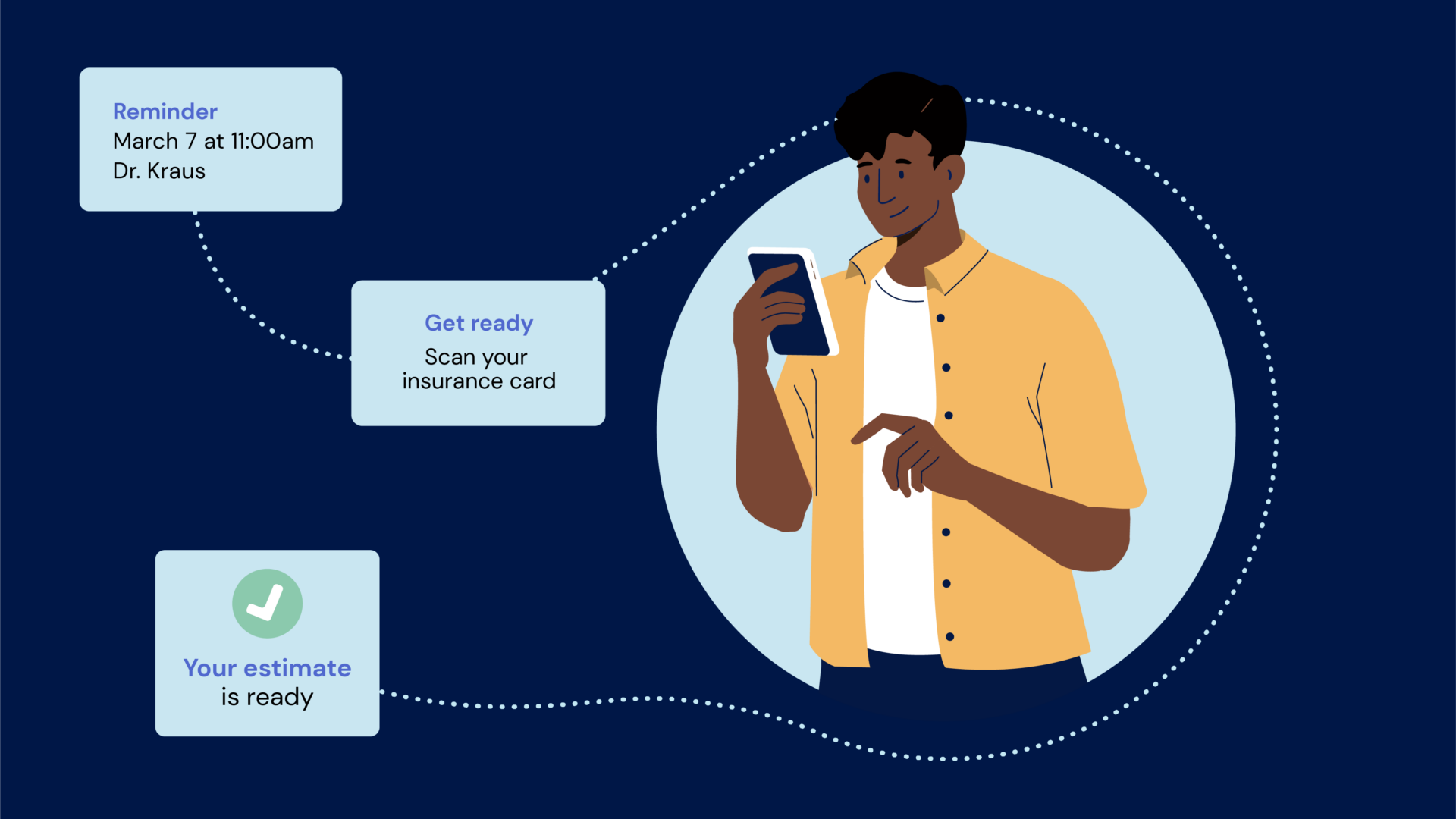Cedar’s Head of Design Amy Stillman (far right) moderates the Women In Product panel, featuring a bevy of healthcare product innovators, including (left to right) Erin Galarza (Oscar), Lauren Sutton (Flatiron Health), Lilla Cosgrove (Candid), Elizabeth Burstein (Maven Clinic) and Stacy La (Resolve to Save Lives).
At a recent health-tech panel co-hosted by Cedar and Women in Product New York City, six product and design leaders discussed the complex problems they’re working to solve — and how their digital tools are changing healthcare for the better. Amy Stillman, Head of Design at Cedar, moderated the panel while sharing some of Cedar’s best practices for driving patient engagement through design.
While each panelist’s respective industry segment varied (from health insurance, to cancer research acceleration, to epidemic prevention), the common denominator across the group was the focus on addressing a specific set of challenges with the help of data and in-depth user research.
Data-driven decision-making is at the very foundation of the products at Flatiron Health. Senior product manager, Lauren Sutton and her team help increase patient participation in cancer clinical trials to accelerate cancer research. To do this, they have created data-driven tools to identify patients who fit the eligibility criteria for particular clinical trials. She said the tool “matches these patients to the trials and surfaces them at the right point in time.”
Several panelists described how they are conducting studies with both potential and existing users to initiate and refine product design.
Oscar Product Design Director Erin Galarza’s goal is to make health insurance more accessible and easier to navigate. She uses a variety of tactics to better understand Oscar members. She explained, “A recent study we conducted was going into some of our members’ homes and spending time with them to learn how they think about healthcare and what they’re looking for when they’re shopping for a healthcare plan.”
According to Elizabeth Burstein, Head of Product for Maven Clinic, a virtual health clinic for women focused on fertility, pregnancy and postpartum care, informal conversations with care advocates, who help coordinate patients’ care, revealed that many patients were not aware of the amount of reimbursement funds they had available for fertility care. This discovery led Maven to launch a new product that would help patients track these benefits.
Ushering in the age of personalized care, with empathy
The panelists discussed how their organizations create a personalized experience for their end users, while striving to incorporate an empathetic human element into the virtual care settings (app interfaces and websites).
Lilla Cosgrove, the co-founder of Candid, aims to make clear orthodontic aligners more convenient and affordable for consumers. She said, “Our app is a conduit between patients and vendors or care advocate teams. I think that’s a really important aspect of personalization: that our patients feel heard. They get a certain level of empathy, and they feel like there’s someone there who has their back through this whole difficult journey.”
Galarza explained that at Oscar they’ve designed their app to provide patient-specific reminders as well as other personalized content. Oscar also gives its users a dedicated care team and pays providers in a way that incentivizes them to spend more time talking with patients.
Similarly, Burstein and her team at Maven Clinic are using data science to distinguish between different patients and provide personalized recommendations that help patients achieve the best outcome for their particular care journey.
Navigating regulatory challenges
Regulation is a fact of life in healthcare, but can add complexity to the product design process. In addition to providing personalized, human-centered care, these product designers must ensure their apps and tools comply with ever-changing regulatory requirements.
Stacy La, who leads product design and development for the nonprofit organization Resolve to Save Lives, is focused on preventing epidemics. She elaborated on the regulatory challenges faced by the nonprofit: “The product that I’m working on is helping countries figure out how prepared they are — and then what they have to do to step up their preparedness. Regulations hugely affect what I’m working on because we have to communicate them down to the country level.”
Cosgrove also noted that Candid takes a proactive approach to regulations, communicating with officials to learn about potential regulations and then incorporating that information in the product roadmap.
Improving patient health and experience: results worth the effort
As the panel’s wide-ranging discussion suggested, product design specialists who create healthcare technology must consider a multitude of factors in creating their tools. But as Burstein explained, all of their efforts in the areas of data science, personalization and human-centered care “will ultimately be what helps us achieve positive clinical outcomes.”
Cedar Talks is a thought leadership series focused on connecting the Cedar team and broader community with tech entrepreneurs who are dedicated to solving hard problems with great design, thoughtful engineering and industry expertise. Recent Cedar Talks have included Oscar CEO Mario Schlosser, tech investor Ashton Kutcher, and AppNexus Founder Brian O’Kelley.



